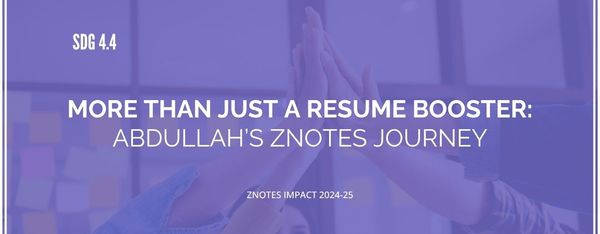How Can We Memorize Efficiently?
Have you ever been in a situation when you are not able to connect something built upon an area you have already studied before?
That's where the significance of reiterating what you know before adding more layers of information comes in. Before trying to take in something new, maybe try to outpour terms and ideas about that topic with which you are acquainted. Spend some time to ponder upon what these mean, and you have a foundation to lay fresh inputs. Zubair and Tom analyze the probable reasons for finding specific topics hard. The root generally lied in the lack of clarity in a previously done area.
The time you put in remembering might be frustrating, especially if you are going to forget it anyway.
Because what is the point of memorization if the learning goes away in a few days? However, there are ways you can look into and ensure that what you learned lasts. Spaced repetition, for instance, is one of those through which you can help yourself hold onto things. Your brain might not consider what you learn today necessary enough to keep it in, and unless you revisit those regularly, accessing the same piece of information can get hard.
You might question why we need to memorize things at all.
If you have in-depth conceptual understanding and can work through problems, why should you put yourself through the trouble of remembering facts? While the application is a must, facts are still the vocabulary of a subject, the point for you to approach a problem. This, of course, will not be valid in every context. But you need to know what is relevant to you and discern the value committing something to memory would hold.
The relations that you draw are likely to stick, enhancing the memorization process! To explain this, Tom talks about remembering 100 digits of pi. You might choose to mug them up as is. Or instead, you could familiarize yourself with them as much as you can, developing hooks that help you remember faster and more efficiently.
Build connections-be in terms of time or facts, and memorization would start sounding less daunting than ever before. We got you!




